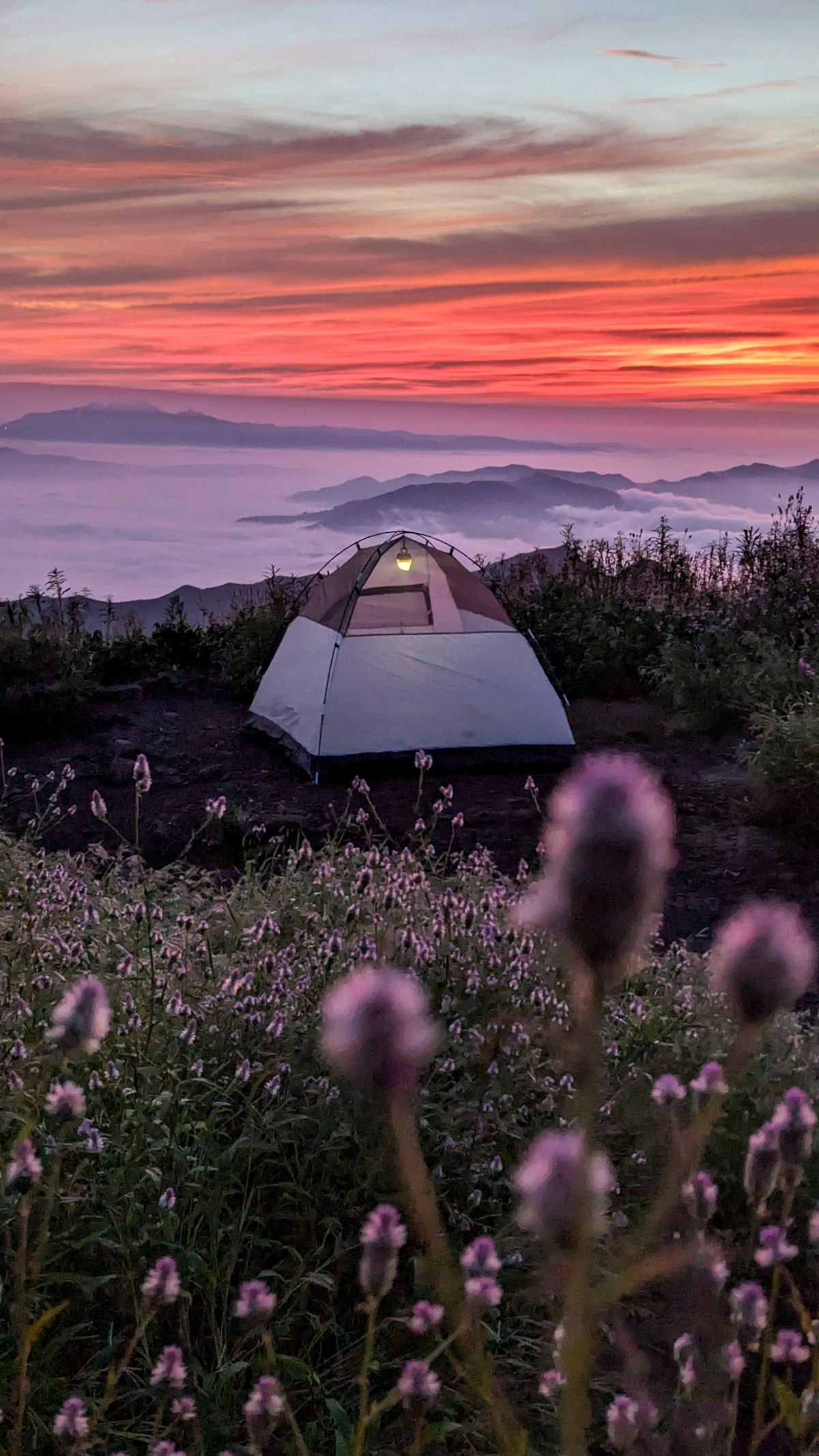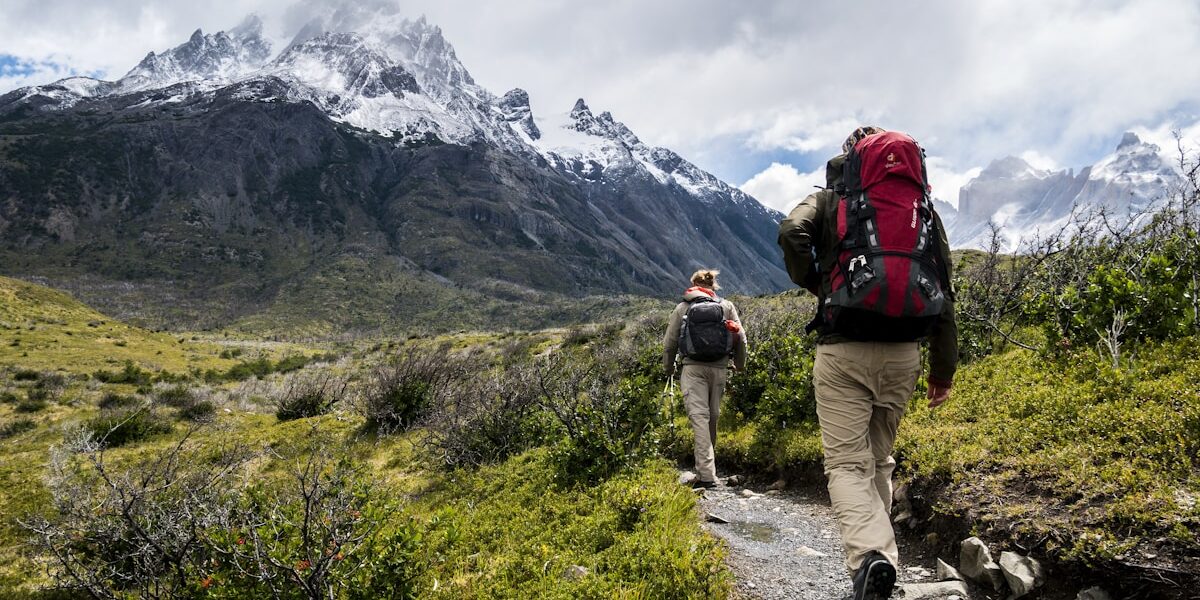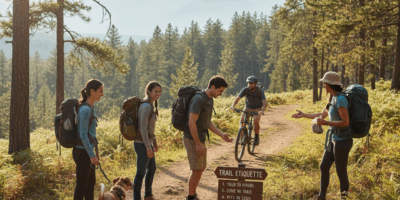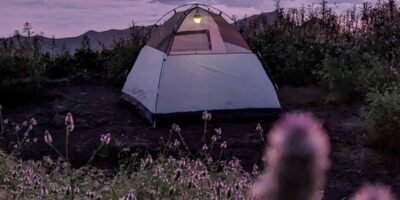
There is something about cold weather hiking gear that hooks you once you start digging into it. I got pulled in a while back, and I have been learning ever since.
This next part is what separates people who are prepared from people who are not.
Clothing
Layering is key to regulating body temperature and staying warm. You’ll need a combination of base, middle, and outer layers.
- Base Layer: Choose moisture-wicking materials like merino wool or synthetic fabrics for your base layer. These materials help in keeping moisture away from your skin.
- Middle Layer: Opt for insulating materials such as fleece or down jackets. The aim here is to trap heat and keep you warm.
- Outer Layer: A waterproof and windproof hardshell jacket is essential. It protects you from wind, rain, and snow.
- Pants: Wear insulated and waterproof hiking pants. Layered leggings can be added for extra warmth.
Footwear
Keeping your feet warm and dry is crucial during cold weather hikes. Choose wisely.
- Hiking Boots: Insulated, waterproof hiking boots provide necessary warmth and protection. Ensure they have good traction for icy or snowy trails.
- Socks: Wool or synthetic socks are best for cold weather. Avoid cotton as it retains moisture which can lead to cold and damp feet.
- Gaiters: These help keep snow and debris out of your boots and add an extra layer of warmth.
Accessories
In addition to the main clothing and footwear, several accessories can enhance comfort and safety.
- Hats: A wool or fleece hat helps to keep your head warm, as a significant amount of body heat is lost through the head.
- Gloves: Insulated and waterproof gloves are a must. Also consider glove liners for added warmth and flexibility.
- Scarves or Neck Gaiters: These protect your neck and face from cold winds.
- Sunglasses: Snow can be highly reflective, and sunglasses protect your eyes from glare.
Packing Essentials
Cold weather hikes require more equipment and preparation. Here are some crucial items to pack.
- Backpack: Choose a backpack with a capacity suitable for carrying extra gear and layers. Look for one with good support and padded straps.
- Hydration System: Freezing temperatures can impact water supply. Use insulated water bottles or hydration bladders with insulated tubes.
- Food: Pack high-calorie snacks and meals to maintain energy levels. Protein bars, nuts, and dried fruits are good options.
- First Aid Kit: An extensive first aid kit that includes supplies for dealing with cold-related injuries (like frostbite) is important.
Navigation and Safety
Cold weather conditions can be unpredictable. Ensure you have tools and knowledge to navigate and stay safe.
- Map and Compass: GPS devices are useful but can fail in cold temperatures. A map and compass are reliable backups.
- Headlamp: A headlamp with extra batteries is essential, as daylight hours are shorter in winter.
- Emergency Shelter: Carry a lightweight and compact emergency shelter or bivvy sack.
- Fire Starting Kit: Waterproof matches, lighters, or a fire-starting kit can be crucial if you need to build an emergency fire.
Snow and Ice Gear
If your trail includes snowy or icy conditions, additional gear might be required.
- Traction Devices: Microspikes or crampons provide necessary grip on icy surfaces.
- Trekking Poles: Poles with snow baskets help in maintaining balance and stability on snowy or uneven trails.
- Snowshoes: These distribute your weight over a larger area, preventing you from sinking into deep snow.
Personal Items
Personal comfort and communication are always important, even more so in cold weather.
- Multi-tool or Knife: A versatile tool for various tasks and emergencies.
- Communication Device: A mobile phone with a fully charged battery or satellite communication device for areas with no reception.
- Personal Identification: Carrying ID and any relevant personal medical information is important.
I could honestly keep going on this topic. But the best way to really understand cold weather hiking gear is to get out there and experience it for yourself. Everything else is just background reading.



